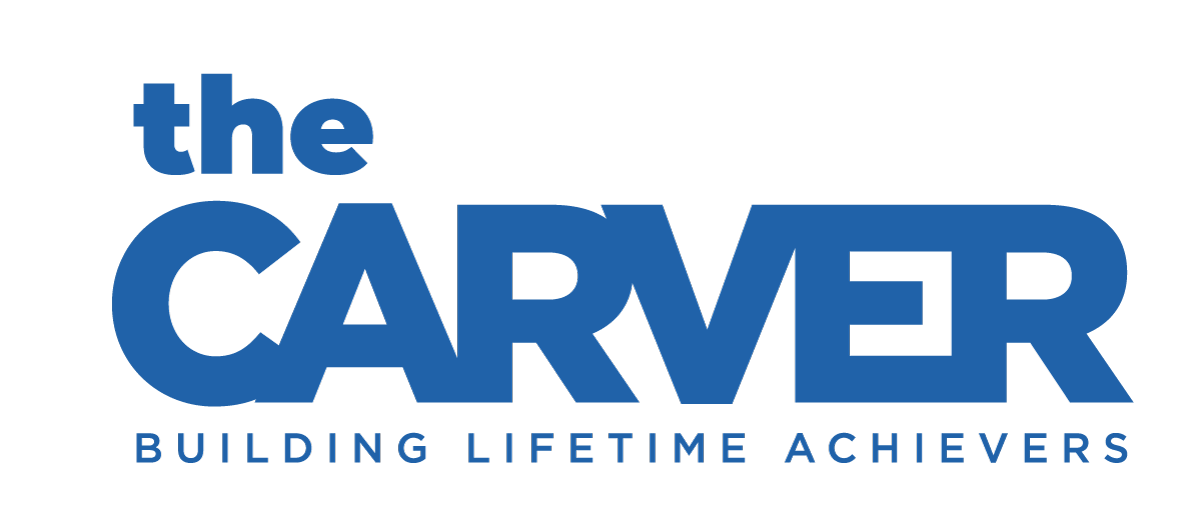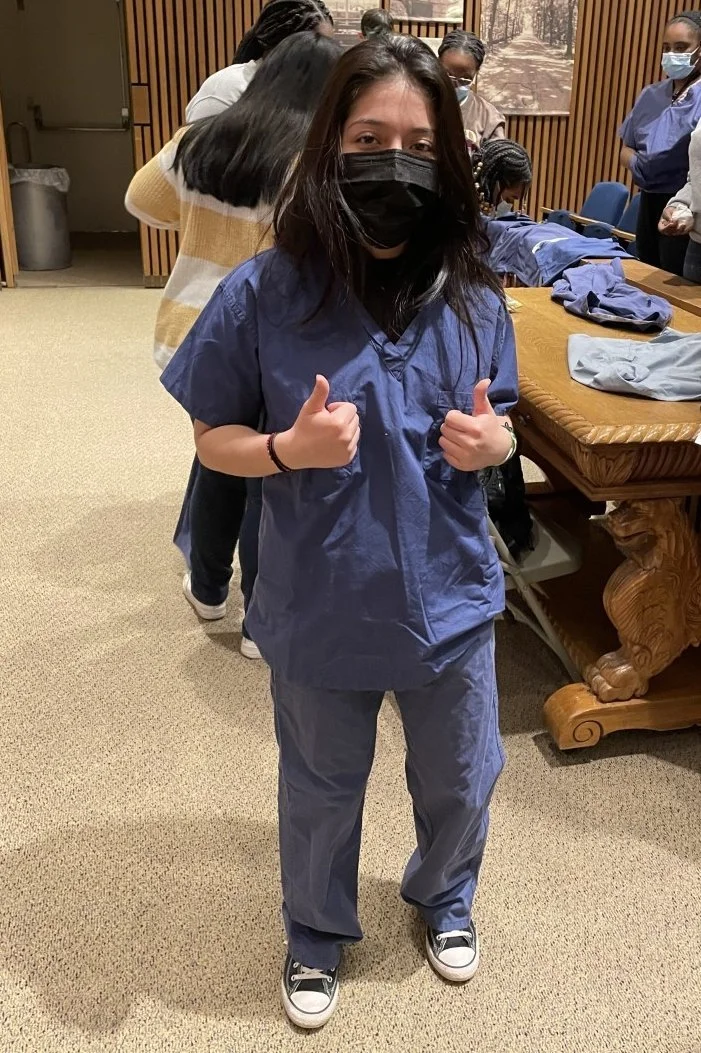Workforce Development
Carver introduces children and youth to the exciting world of work and builds college and career pathways by the time students reach high school. Through project-based and hands-on learning, STEAM enrichment activities, career fairs, paid internships, and much more, Carver allows Norwalk students to develop foundational academic skills and explore careers that inspire them.
Beginning in the 5th grade, we connect students with professionals through on-site visits to the workplace, where young people can see their role models in action. We also invite professionals into the classroom, such as this, this, this, and this example.
Carver strengthens and expands collaboration among each school district, career and technical centers, postsecondary institutions, employers, state workforce agencies, and other community stakeholders to create and sustain a framework that builds and supports rigorous career pathways for all learners; leverages and aligns resources; coordinates and expands communication among stakeholders; and supports regional workforce needs.
Paid Internships
Carver continues to grow its innovative Earn & Learn paid internships. In FY 2024–2025, more than 180 high school students earned wages while supporting Carver’s younger students in classrooms and community programs. Each intern completed 180 hours of work at $17 per hour while benefiting from mentorship, career exploration, and structured reflection. $285K in wages have been paid to 248 Carver interns since 2022 across hospitals, schools, and nonprofits.
With an interdisciplinary, experiential approach, we connect students to local industry professionals who provide workplace tours, help create authentic projects, and work side-by-side with students through paid internship experiences such as these programs at Norwalk Hospital and The Maritime Aquarium. Carver is presently focusing on introducing students to careers in health care, life sciences, information technology and business services, and manufacturing.
Carver’s Own High School Counselors
Carver initiatives to help ensure students access a meaningful college and career pathway include full-time Future Readiness Coordinators (counselors dedicated to Carver students) during and after school at Norwalk and Brien McMahon High Schools.
Carver Future Readiness Coordinators help students achieve high school graduation requirements and support their career planning, development of employability skills, creation of goals, engagement in career exploration activities, and expansion of post-secondary options.
Future Readiness Coordinators (two in each high school) partner with NPS counselors to co-design long-term strategies to accomplish these student outcomes, design and implement high-quality college and career pathways, and engage in continuous improvement. When students love what they’re learning, they work harder, dream bigger, and learn more.
Conclusion
Carver programs align with school career readiness efforts by providing additional academic support, guidance, and information on career planning. We develop employability skills through paid internships, including 21st-century and social and emotional skills. We provide access to work-based learning experiences and exposure to various career paths. By meeting K–12 students where they are in their developmental stage. Carver programs help students move through the career readiness continuum, from career awareness to career exploration to career preparation and, finally, to career training.


